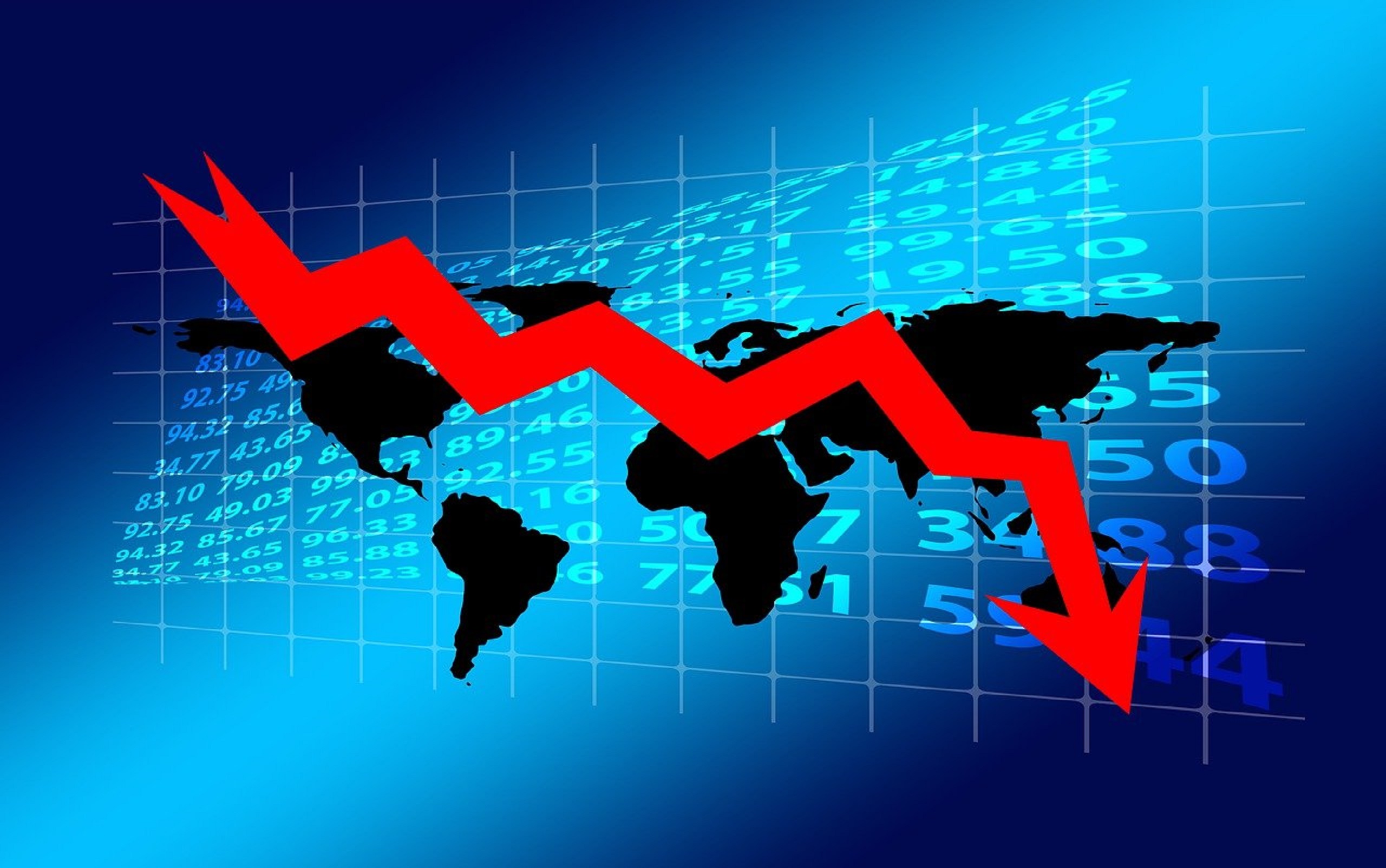One can clearly feel uncomfortable in the always changing terrain of global finance. Policymakers, analysts, and investors are starting to wonder if our financial future is about to be precarious. This mounting anxiety raises the question: are we only seeing the most recent wave of financial theater or is the global financial system really in great danger?
Let us untangle the complexity of this issue and investigate the elements guiding this story.
What stands at stake in the financial jigsaw puzzle?
First of all, we have to appreciate the complex character of the global economic system if we are to grasp the possible fragility of world banking. It is like a giant jigsaw puzzle in which every component—national economies, financial markets, or international trade—must fit together harmonically. One component moves influences the whole image.
Recent years have brought attention to various stress areas in this worldwide problem. The COVID-19 epidemic upset economic activity, revealed weaknesses in supply chains, and sped changes in consumer behavior. Geopolitical conflicts and changing trade policies have also bred uncertainty. These elements highlight underlying flaws and show the sensitivity of the worldwide financial system.
Growing Debt: A High-Stakes Game
Rising governmental and private debt are among the most urgent problems causing financial fragility. To fund social needs, boost economic recovery, and make infrastructure investments, governments all around have sharply raised borrowing. Though this expenditure is usually required, it also carries significant hazards.
Particularly in developing economies where economic conditions are less consistent, high debt might cause possible default situations. Caution stories come from nations like Sri Lanka and Zambia, who have experienced extreme debt difficulties. Debt not only stresses national economies but also can set off knock-on repercussions in world financial markets.
Central Banks and Inflation: the Juggling Act
One more major worry now is inflation. Rising prices driven by things like supply chain interruptions and higher demand are causing problems for many nations. Through their monetary policies—usually by changing interest rates—central banks significantly help control inflation.
Central banks must, nevertheless, strike a careful equilibrium. Quickly raising interest rates to fight inflation could impede economic development and maybe cause recession in some countries. On the other hand, maintaining too low rates for too long would aggravate inflationary pressure. Having implemented large-scale monetary stimulus policies during the epidemic, central banks are working in an unparalleled setting. Their next choices will be crucial in determining the direction of world financial systems.
Geopolitical Tensions: An Economic Wildcard
Geopolitical concerns provide the global financial scene still another degree of complication. For financial markets, conflicts, trade disputes, and diplomatic frays can have instantaneous and broad effects. Volatile conditions have resulted from recent events including the Russia-Ukraine conflict and continuous trade conflicts between important countries.
These geopolitical questions influence world trade flows and add to market volatility, therefore generating another source of risk. Policymakers and investors have to negotiate this erratic landscape, which can affect everything from investment plans and energy costs.
Technological Innovation: Risk Meets Opportunity
The fast development of technology in finance is a benefit as well as a possible cause of turbulence. By raising efficiency and openness, innovations such blockchain, cryptocurrencies, and fintech solutions could improve financial institutions. These technologies, nevertheless, also bring fresh hazards and doubts.
For example, cryptocurrencies have generated a new asset class functioning outside conventional legal structures. Even if they present interesting opportunities, they also carry volatility and legal difficulties. The emergence of financial technology requires constant adaptation and awareness to minimize possible disturbances and guarantee stability.
Negotiating the Fragility: A Way Forward
Given the complexity of these issues, it is imperative to view the direction of global finance with a mix of prudence and hope. Although financial fragility causes some reasonable concerns, there are also chances to develop resilience and adaptability.
1. Prudent Debt Management: Governments and organizations have to carefully control debt levels if they are to prevent unsustainable obligations. This is juggling long-term economic development plans with budgetary policies.
2. Inflation Control: Central banks must precisely negotiate inflationary pressures using monetary policy instruments sparingly to preserve economic stability without starting recessions.
3. Diplomatic Engagement: By means of diplomatic engagement and strategic economic policies addressing geopolitical concerns, one can contribute to reduce risks and stabilize financial markets.
4. Technological Oversight: Adopting technology breakthroughs and strong regulatory frameworks will be essential in maximizing their advantages without running financial systems under unnecessary danger.
In essence, even while the idea of a precarious future for global banking causes great worry, it is not inevitably a given conclusion. The financial sector is by nature complicated and influenced by a variety of both expected and surprising elements.
Policymakers, investors, and financial institutions may negotiate these obstacles and pursue a more stable and robust financial system by keeping educated, flexible, and proactive. Though the road ahead may be difficult, with careful management and strategic planning we can negotiate uncertainty and come out stronger.
(Image by Gerd Altmann from Pixabay)
Also read:







1 thought on “The Global Finance Tightrope: Are We Traveling toward a Fragile Future?”
Comments are closed.